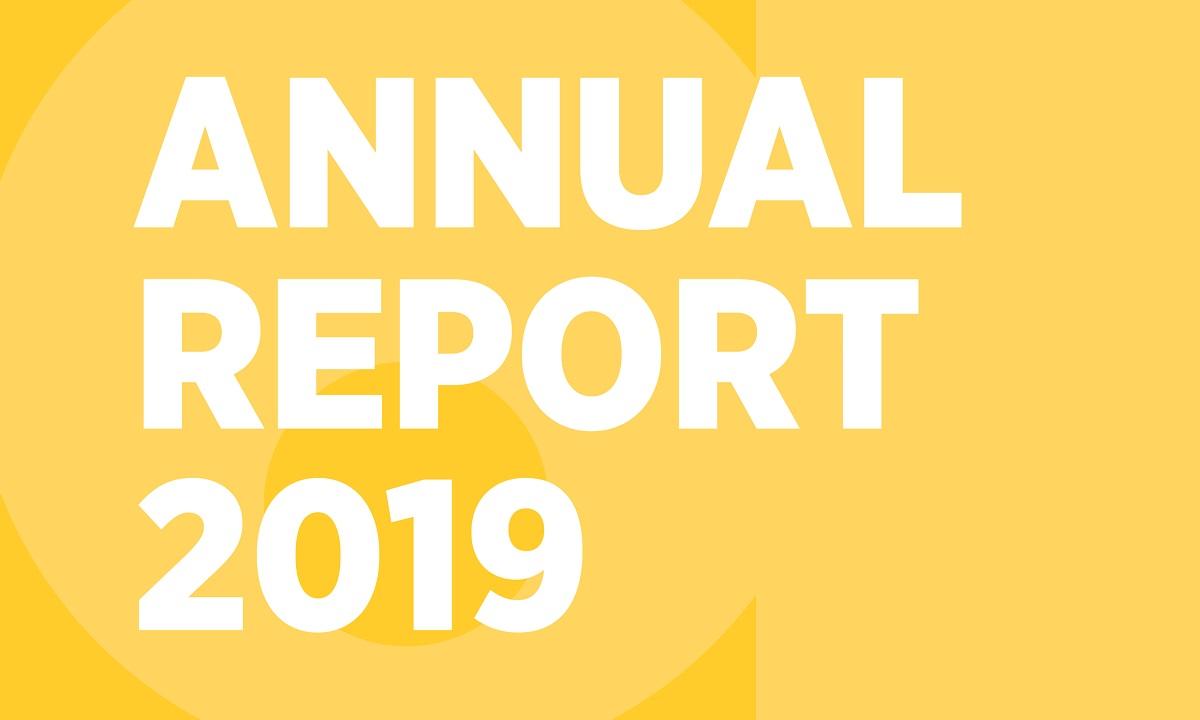In 2019, we worked in an environment where many aspects of democracy were declining worldwide, according to several reports that measure the global state of democracy. Rise of authoritarianism, curbing of civil liberties and political polarization are phenomena that were present also in contexts we worked in.
Despite these challenges, together with our partners, we have managed to build trust and facilitate dialogue between political parties and to support the capacities of politicians to take part in democratic decision making and political parties to increase inclusivity in their structures. In our Annual Report 2019, you can find an overview of our work and highlights of our achievements. In 2019, our work continued in Finland, Mozambique, Myanmar, Tunisia and Zambia, and we started new pilot projects in Ethiopia and Sri Lanka.
Highlights of our results:
In Mozambique, oversight over the government on extractive industries has improved as the Parliament’s standing committees held more hearings on extractive industry than before, and had more technical knowledge on the topic.
In Myanmar, the Shan State Multiparty Dialogue Platform, consisting of politicians from 12 political parties produced a joint bill proposal that was later approved by the Shan State Parliament. This was the first multiparty effort on State/Region-level legislation in the country.
In Tunisia, a joint statement on ethical election campaigning for 2019 elections was signed by the 13 political parties as a result of the work of the high-level Multiparty Dialogue Platform.
In Zambia, participants of different trainings demonstrated an average of 26 percentage point increase in their knowledge and skills on policy formulating and monitoring the implementation of parties’ gender equality plans.
In Finland, the 2019 Finnish Government Programme(s) included a strong commitment to secure funding to democracy support and rule of law. Demo Finland has been advocating for this actively.
Read more in our Annual Report.

